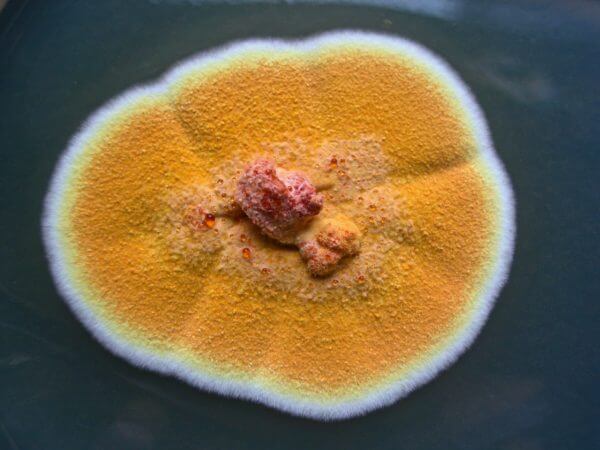Sign up for free
for our newsletter!
for our newsletter!

Loading...
What does fermentation mean? Fermentation (from latin fermentare) is generally defined as a conversion of material under aerobic or anaerobic conditions influenced by micro-organisms. "Micro-organism" is a collective term for usually microscopically small mostly single-celled organisms with a relatively simple biological differentiation, e.g. lower algae or bacteria. In biotechnology fermentation means the conversion of biological material by means of bacterial working stocks, fungi or cell cultures. Today fermentation mainly refers to technological bioreactions. A number of antibiotics (e.g. penicillin) as well as other medical agents can be synthesised in bioreactors using micro-organisms. Pharmaceutical research is currently working on the production of important new drugs based on fermentation products. Scientists are focusing especially on innovative products to fight civilisation diseases. For instance the so called "Heat Shock Proteins" (HSP) play an important role in cancer research: Their effects can be described as follows: If cells are exposed to stress such as infection, heat, mechanical irritation or similar, the structure of the proteins changes and they are no longer functioning. Those changed proteins are detected by the body and it reacts by producing "Heat Shock Proteins" HSP which restore the proteins. HSP 90 together with "Heat Shock Factor 1" (HSF1) has a cancer-inducing effect. This is where new agents using e.g. Geldamycin come in. HSP 90 is bound and stops the cancer from spreading. The free HSF1 causes an increased production of HSP 70 and HSP 40, thus avoiding the aggregation of mutants.
